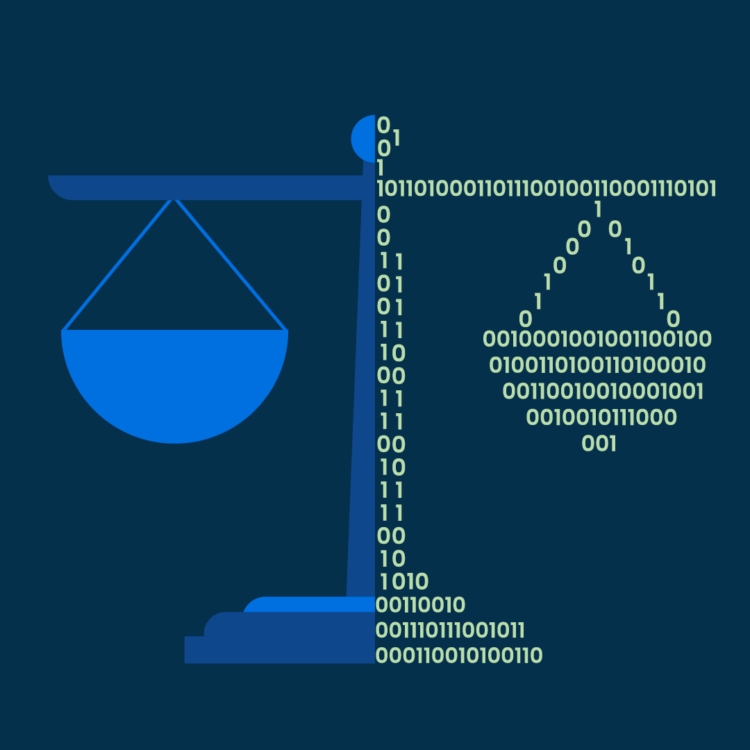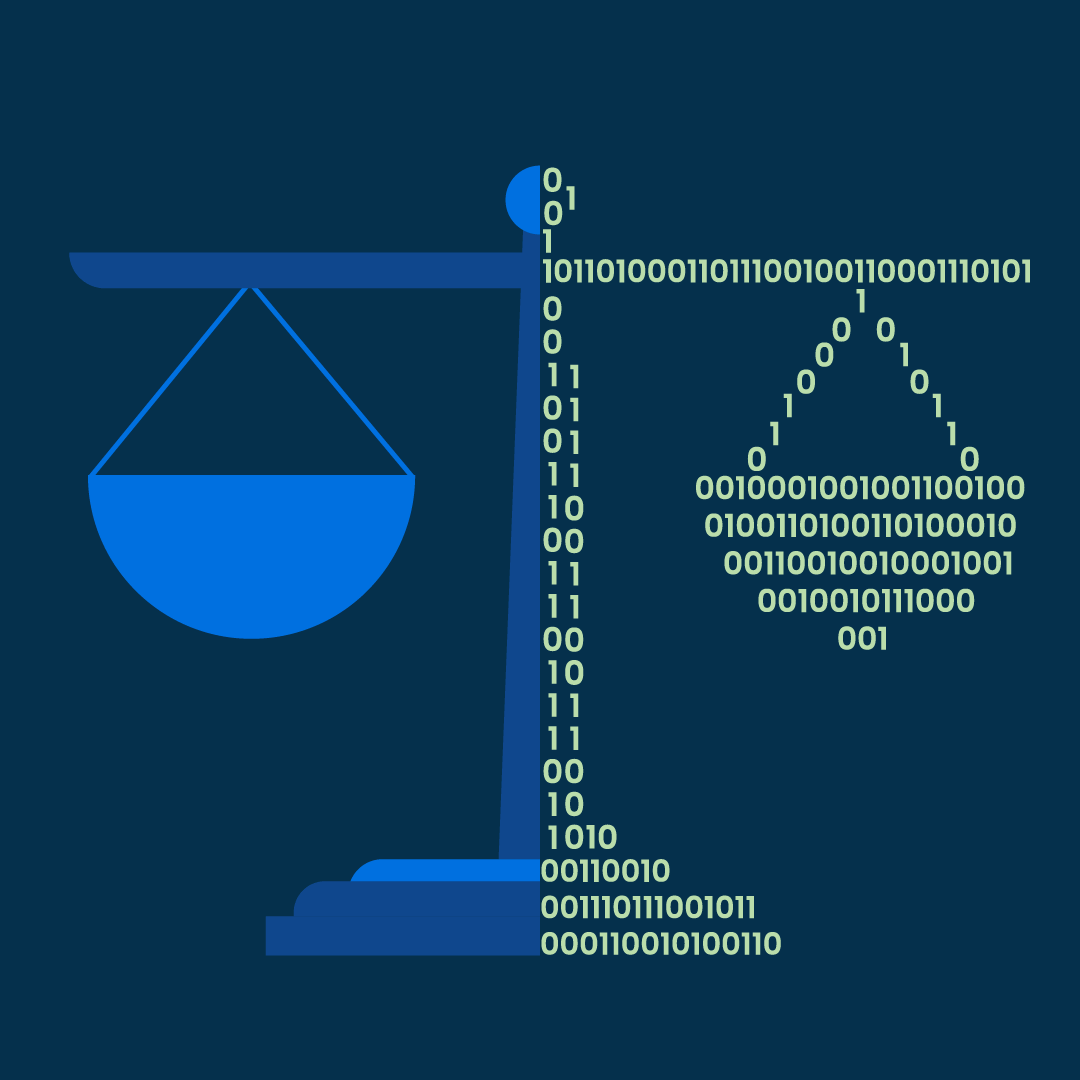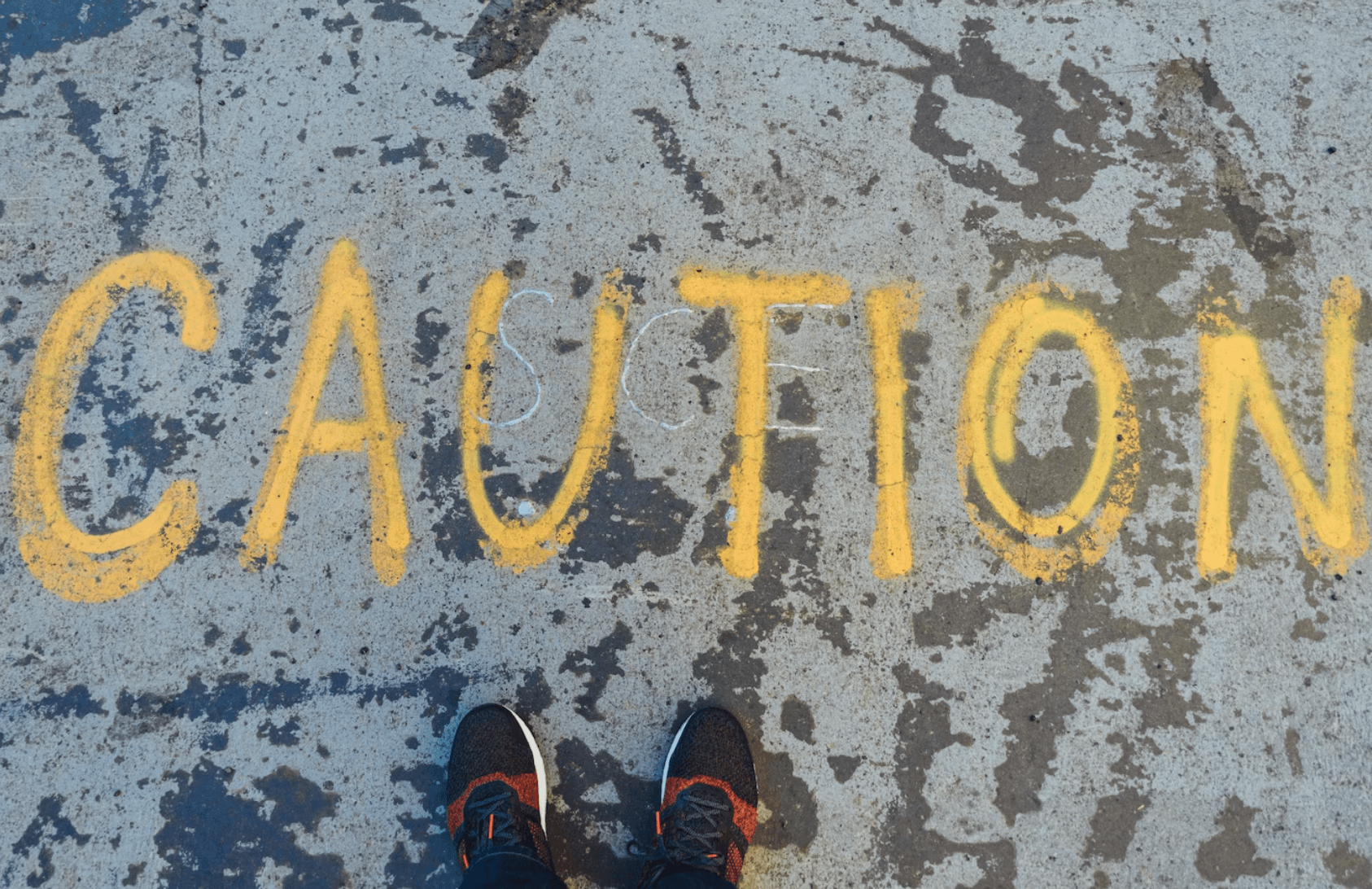Legal professionals are increasingly tapping into the technology to work smarter and automate tedious tasks, such as legal research and document review.
This is all incredibly exciting for legal professionals. Yet, as with any novel technology, there are ethical considerations that must be addressed before its use becomes widespread.
In this blog post, we’ll explore the four key ethical considerations that arise when using AI in law—bias and fairness, accuracy, privacy, and legal responsibility and accountability—and what lawyers can do to address them.
Ready to take your firm’s operations to the next level? Clio Duo can help! Our dynamic AI-powered partner is transforming the way legal professionals work while ensuring your data is secure. Check out Clio Duo and book a demo.
What are the ethical issues of AI in law?
For all the promise that AI holds, there are ethical issues surrounding its use among lawyers.
We’ll discuss the ethical concerns surrounding AI use in law, but certainly one of the biggest considerations is around bias.
AI technology relies on algorithms to analyze vast amounts of data and uncover trends. If the data it draws from is biased, the results it produces will also be biased. This matters for any industry, but it can be especially detrimental for the legal profession as it can undermine the principles, justice, and equal treatment under the law.
When lawyers—or any legal professional—relies on biased information, it can lead to unjust outcomes and compromised legal representation. When a decision has the potential to change the trajectory of people’s lives, such bias is simply unacceptable.
Along with bias, AI can also create issues around:
- Accuracy
- Privacy
- Responsibility and accountability
Let’s discuss each of these issues in more detail below.
Learn more about the AI Bill of Rights.
Ethics for lawyers
Ethics has always been central to the legal industry. As stewards of the law, lawyers play an integral part in maintaining justice and must always exhibit the highest standards of ethical conduct.
One way this is enforced is through the ABA Model Rules of Professional Conduct, a set of ethics rules for legal professionals that was created by the American Bar Association in 1983. Their ultimate purpose is to protect the public and maintain the integrity of the legal profession.
That said, lawyers are also bound by ethics around competence, due diligence, legal communication, and supervision—and many of these characteristics will inform how they use AI.
For instance, lawyers must be accountable for how they use AI technology to guide their legal decisions and carefully assess any bias inherent in algorithms before using it to inform cases.
Depending on your jurisdiction, there may also be formal ethics opinions addressing the use of AI—or technology, generally—in the legal industry. Be sure to confirm the existence of these ethics opinions or guidelines and how they apply to the use of AI technology for your practice.
Read more on the topic of professional conduct for lawyers.
4 ethical considerations of AI and law
AI has the power to transform the legal industry, but it comes with many ethical considerations. We’ve narrowed them down to four:
- Bias and fairness
- Accuracy
- Privacy
- Responsibility and accountability
Let’s explore each one in more detail.
Bias and fairness
As we mentioned above, AI uses trained algorithms to analyze vast amounts of data. These algorithms can collect biased historical information, which means that the AI system may also inadvertently produce biased results.
When this information is used in the practice of law, it can lead to unfair outcomes and perpetuate discrimination.
One potential use case for AI within law is with large statistical models to provide decision-making guidance in recidivism.
For example, a judge using these models can receive an algorithmically generated risk score that tells them how likely a criminal is to reoffend. These models pull data from historical statistical information and compare against the idea of the fact pattern in front of them.
The problem is that predictive analytics can be discriminatory. If said algorithm pulls data from a district with a higher level of racial discrimination, said algorithms could perpetuate systemic biases and further racial injustice.
We cover this ethical concern in more detail in our piece on AI use in courtrooms.
Before using AI, it’s critical that lawyers understand that this bias may exist and how it can impact outcomes in the legal profession and society as a whole. Beyond recognizing the limitations, lawyers using AI in their work must critically examine work products created by AI and identify any potential biases.
Tip: Clio Duo was designed to minimize bias, allowing lawyers to harness AI technology while ethically enhancing their productivity. Gain smart insights, experience faster workflows, and complete everyday tasks with ease—freeing up time to focus on serving your clients, growing your practice.
Accuracy
Accuracy is another significant issue when it comes to AI. In fact, the 2022 ABA Legal Technology Survey Report found that accuracy is the top barrier preventing many lawyers from adopting AI.
Algorithms can be difficult to interpret, and it can be challenging to understand how they arrive at their decisions or source information. As a result, many users are skeptical of it. If more technology firms are open about their AI technology, businesses will be able to better use this information to inform decisions and strategies.
This is especially important in the legal field, where decisions can have significant consequences on people’s lives. Until this transparency is gained, this will likely be one area that will hold back the legal industry’s adoption of AI.
Another area of ethical concern surrounding accuracy: translation. Accuracy is extremely important in translation, especially in legal matters. If courtrooms are leveraging AI to help instantaneously translate during a testimony, quality standards would need to be established to ensure that the language models are interpreting appropriately and accurately to ensure the integrity of the testimony.
Privacy
AI systems often rely on vast amounts of data, including highly sensitive and confidential information, and may store personal and conversation data.
When using the technology, lawyers need to ensure that AI systems adhere to strict data privacy regulations. For example, lawyers using ChatGPT must familiarize themselves with its Privacy Policy and Terms of Use before using the service. Additionally, they must make sure that the data is only used for the specific purposes it was collected for.
Lawyers must also consider professional obligations relating to privacy and information-sharing when sharing any information with AI systems to ensure they are not running afoul of confidentiality obligations (to clients or other parties) or otherwise disclosing information improperly.
Responsibility and accountability
Inaccurate information is a common pain point with AI.
When the technology is used in the legal field, it can be difficult to determine who is responsible for errors that crop up. As a result, lawyers must be proactive in establishing clear lines of responsibility and accountability when implementing AI in their firm.
As a rule of thumb, this technology should be used as a complement to their work, and not a replacement. While AI can streamline time-consuming and mundane tasks, strategic decision-making, complex legal analysis, and legal counsel are all examples of responsibilities that it simply can’t take over.
At the end of the day, lawyers are responsible for their own work product—and maintaining their clients’ interests. While AI can help law firms streamline routine tasks, it is not a replacement for a lawyer’s training and wisdom.
Read more about about AI and how lawyers are using it in our AI resource hub. And be sure to take a look at our most recent Legal Trends Report for more insights and research on AI in the legal field.
Final thoughts on the ethics around AI and Law
As the use of AI in law firms becomes increasingly widespread, it’s important that legal professionals address the ethical considerations surrounding it and ensure the technology is being used responsibly.
In many ways, these issues aren’t vastly different from those that lawyers have faced before regarding emerging technologies. And if the past has taught us anything, it’s that the industry has and can continue to successfully adapt to these changes.
By doing so, lawyers will be able to enjoy AI’s transformative benefits while maintaining an ethical practice.
Ready to elevate your firm’s operations? Meet Clio Duo—your AI-powered partner that transforms the way you work. From planning your day to summarizing cases before calls, let Clio Duo take care of it so you can focus on the work that only you can do. Book a demo today to see how Clio Duo can accelerate the way you work.
Do more with Duo
Meet Clio Duo, your AI partner that amplifies your workflow, helping you spend more time on the work that only you can do.
Get Started Now



